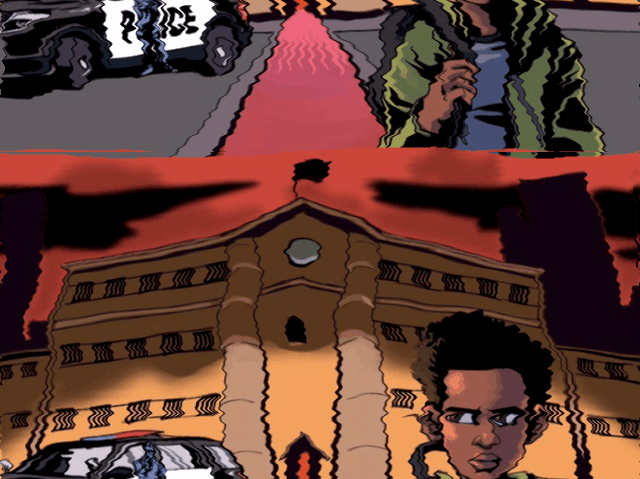Update June 19 2022:
We have released a critical analysis of the review done by the Catholic School Board on their SRO program.
This analysis was weeks in the making. We chose to take our time in order to properly understand the review.
You can view our analysis by clicking the “Critical Analysis of ECSB SRO Review Program” tab at the top of the page
Between 2011-2021:
School Resource Officers issued 2,068 criminal charges
679 students were expelled with SRO involvement
5,228 students were suspended with SRO involvement
20,963 students were labelled as “offenders”
This is the impact of the School Resource Officer Program

Introduction
The SRO program was created in 1979. Since its creation, we have never seen a public review of the program.
This project was created by Dr. Alexandre Da Costa and Bashir Mohamed out of a need to investigative this secretive program.
We FOIP’d the Edmonton Police Service requesting data relating to the SRO program. Data that should have always been public. We spent our evenings and weekends analyzing the data — this website is the result of our work.
One key aspect that emerges in the data is the validation of the experiences of students that have been overpoliced. We hope you keep this in mind as you review our research. The data we collected does not identify the racial identities of students, but we discuss the potential implications of race in the larger context of policing in schools.
This work is also important because police agencies and school boards have — for too long — avoided acknowledging the documented effects that policing in schools has on children and youth who are Black, Indigenous, students with disabilities, English language learners, immigrants, refugees, and/or LGBTQ2S+.
For Bashir: The documents were eye-opening and emotional, considering my last year of highschool (2011-2012) is captured in the data. In many ways, the information we gathered validated my experience as a young Black student navigating the Edmonton school system. This project also emphasizes the importance of data and how so many Edmonton institutions justify and maintain systemic racism via the denial of data - i.e., we are told that our experiences are not real because it is not captured. This project proves our experiences.
For Alex: Publicly accessible, critical analysis of the Edmonton SRO Program puts into practice politically-engaged work that I strongly believe more sociologists should be doing. Sociology is a field that solidified its place in North American universities by producing reams of research on and about the racialized "other." It is also a discipline that, through the highly popular subfield of criminology, has increased collaborations with police agencies. These relationships provide institutional legitimacy and disproportionate space to voices advocating reform rather than structurally addressing the harms caused by policing. Instead, sociologists should be asking: Who is sociology for? What type of intellectual and political work can we do to create a society free from policing?
This is an ongoing project and further analysis will emerge as we move forward. Our current work barely scratches the surface but there was enough information to begin the public dissemination of our analysis.
The project is hosted on this website for all and without a paywall. We have broken up our analysis into four parts: The Numbers, A Primer On The SRO Program, A Story Of Surveillance, and Alternatives To Police In Schools.



